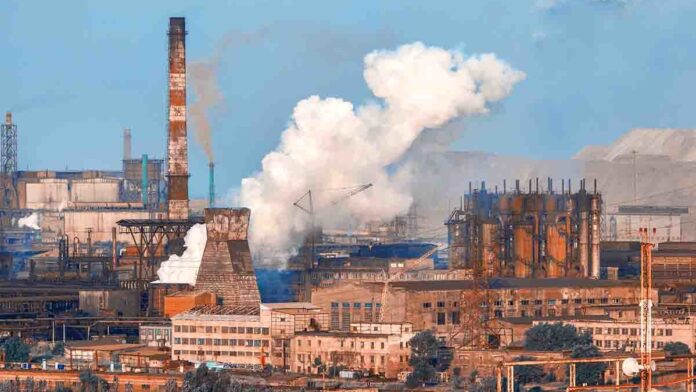The toll from the closure of over 80% of sick units has had a profound impact on various sectors, resulting in the unemployment of millions of skilled and semi-skilled workers, professionals, and has significantly affected the economy due to high operational costs, including steep gas and electricity tariffs.
The surge in sick units has not only hindered industrial growth but has also affected the quality of life for workers, especially in Karachi, a crucial economic center. This economic downturn has contributed to increased street crimes, worsened law and order situations, and exacerbated unemployment issues, particularly in Karachi.
Public organizations are struggling to initiate large-scale projects, while the private sector is grappling with soaring energy costs, making it less competitive globally compared to neighboring countries like Bangladesh and India.
The high cost of doing business has left industrialists and investors frustrated as they struggle to prevent the closure of thousands of Small and Medium-sized Enterprises (SMEs), which are vital for local job creation. Additionally, large manufacturing units have been forced to reduce shifts and lay off workers due to financial constraints.
Workers and professionals from all parts of the country migrate to Karachi in search of better opportunities, often referring to it as the “mother” of the underprivileged. However, despite its economic significance, Karachi is currently facing challenges that seem insurmountable.
The seven industrial zones in Karachi, including the Site Association of Industry (SAI), Site Superhighway Association of Industry (SSHAI), Korangi Association of Trade and Industry (KATI), Landhi Association of Trade and Industry (LATI), Federal B Area Association of Trade and Industry (FBATI), North Karachi Association of Trade and Industry (NKATI), and Bin Qasim Association of Trade and Industry (BQATI), are all grappling with severe economic downturns.
The situation is exacerbated by the presence of three types of sick units. Firstly, some industrialists secure loans for sick units and mismanage them. Secondly, incompetent management fails to sustain operations, leading to closures. For instance, factories producing banned items like polythene bags face closure unless alternative business opportunities are provided.
Government organizations such as Pakistan Railways (PR), Pakistan Steel Mill (PSM), Pakistan International Airlines (PIA), and research and development institutions are also facing challenges.
Railways, initially established for cargo transportation, has seen neglect in goods services, leading to revenue generation prioritization from passenger trains. Addressing this would require hiring an additional 50,000 staff, which is deemed surplus by the department.
Overloaded trailers and trucks further deteriorate road infrastructure, leading to significant costs. Rail tracks, with minimal maintenance, could provide a cost-effective alternative. Increasing rail traffic could reduce road accidents, air pollution, and cut import bills for petrol and vehicle parts.
In the healthcare sector, emphasis on preventive measures like clean water access can reduce healthcare needs. The education sector also requires reforms, with a focus on indigenous testing systems and skill development.
The economic challenges faced by Pakistan require comprehensive strategies, including modernizing sectors, reducing operational costs, and fostering international collaborations. Reviving struggling units and promoting industrial growth are essential for economic stability and job creation.
























